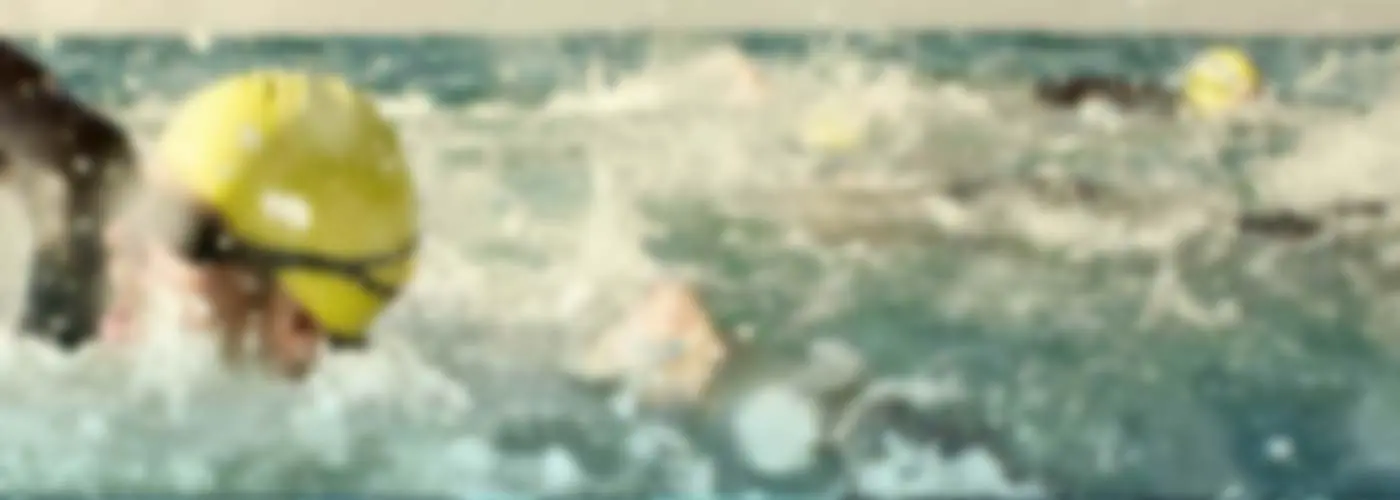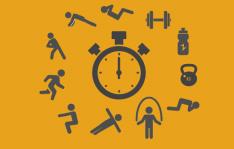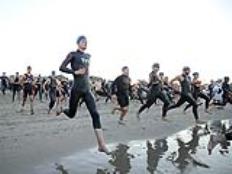A race sherpa is a dependable friend or family member that helps shapes the race experience for us by providing support, guidance and logistics. Though every athlete is different, these five tips will help you be the best sherpa come race day.
Don't Ask Questions, Make Decisions
1 of 6
The morning of the event our mind will be 100 percent focused on the race. Logic will not process, and making decisions will be hard and stressful. Ensure we prepare the night before so decision making in the morning is limited. As a sherpa, refrain from asking questions and instead make statements. Something as simple as "Where should we park?" might make our heads explode. Instead tell your athlete, "We will park here." The goal is to limit decision fatigue as we prime our bodies to go on autopilot.
Find:
Your Next TriathlonRole Playing
2 of 6
On the day of the event, you are going to play many roles while we race our hearts out. You get the opportunity to be a cheerleader, equipment manager, logistics director and personal photographer. As a cheerleader, be encouraging, and do anything to put a smile on our faces. As an equipment manager, bring extra everything—from tubes to sunblock. If the course has multiple loops find a way to see us several times and take as many photos as your phone will hold (the burst shot is especially effective here). The biggest role you will play is the "beer holder" at the end of the race.
Find:
Your Next TriathlonDon't Feed into Paranoia
3 of 6
We are not only nervous, but downright irrational in the days leading up to the race. We bring everything into question—from our ability to complete the task ahead to who we are as a person. Don't feed into it, but don't try to overcorrect either. Remind us that we trained for this, and it's just nerves. Remind us that now that our training is done, there is nothing we can do but rest and enjoy the race.
Find:
Your Next TriathlonPrepare for a Long Day
4 of 6
Nutrition is the key to a good race for us, as well as for you. Depending on the distance, it could end up being six to eight hours of waiting, which can be tiring in and of itself. To be a good race sherpa, you have to take care of yourself so when the race is over, you can take care of us. Bring a backpack with plenty of water, snacks and a towel to lay out to take a nap. However, you can have the most fun when you mingle with other sherpas and create a cheering section for all the athletes.
Find:
Your Next TriathlonEmbrace the Salty Sweat and Tears
5 of 6
When you see us on the run, we'll most likely feel as terrible as we look. Any comment you make that isn't, "You got this, keep going!" will be misconstrued as "You should quit." We may feel and smell horrible, but all we're thinking about is finishing.
Whatever you do don't say, "You're almost there!" or ask, "Are you OK?" The first is a lie, and the second is always no. As we do approach the finish line, be ready for a sweaty, salty embrace.
Don't plan dinner or overanalyze the race until we start down that path. Some athletes are ready to inhale a burger and fries while others just want to curl up on the sofa with a tub of ice cream—hey, we've earned it. Your job is to be prepared to do either.
Being a race sherpa is a big job not to be taken lightly. If you were to embody the perfect race sherpa look no further than Chris Traeger (played by Rob Lowe) on Parks & Rec—a perpetually optimistic health-nut dropping nuggets of encouragement every chance he gets. As he said to lift a friend's spirit, "There is literally nothing you can't do."







Discuss This Article